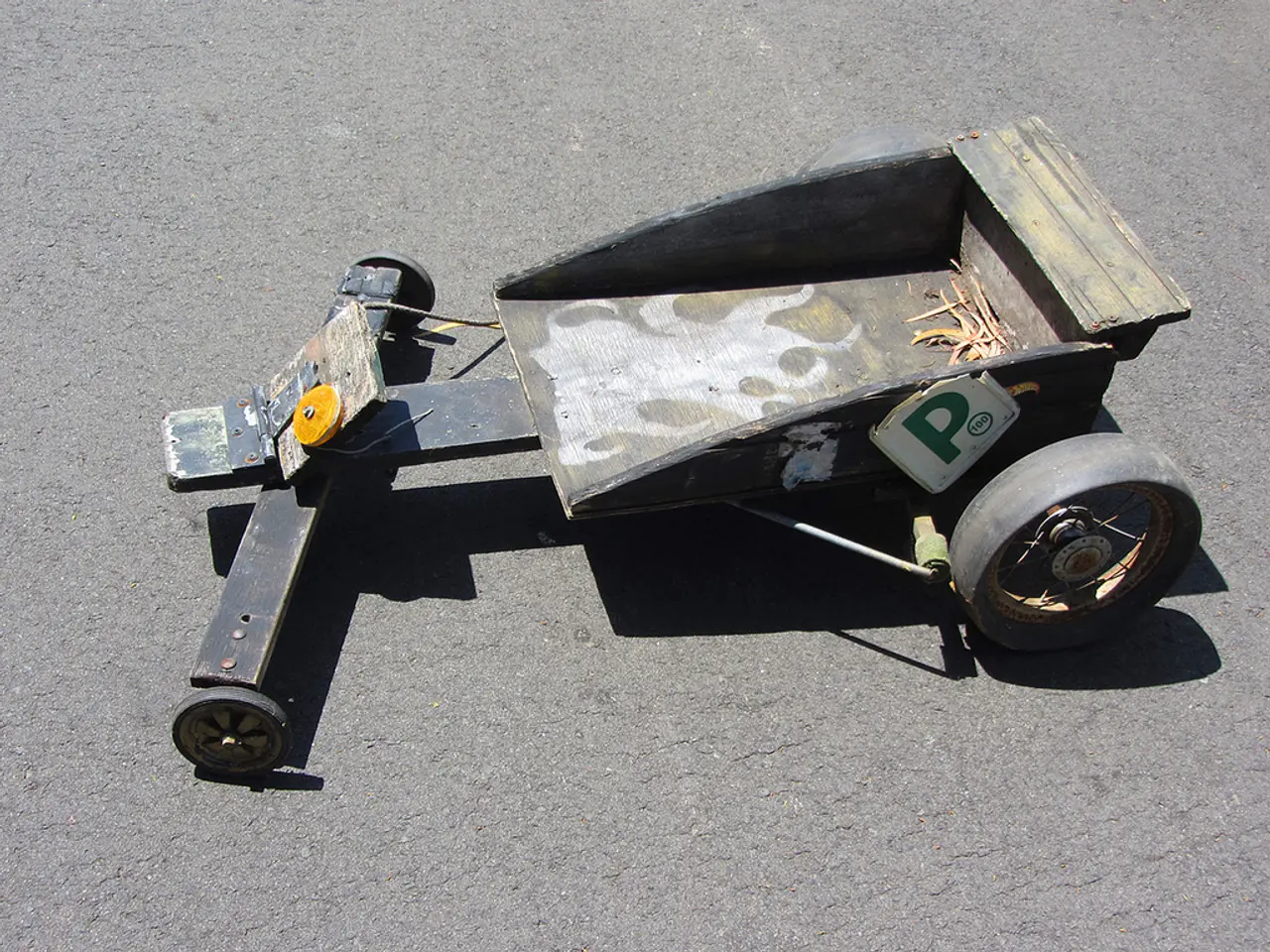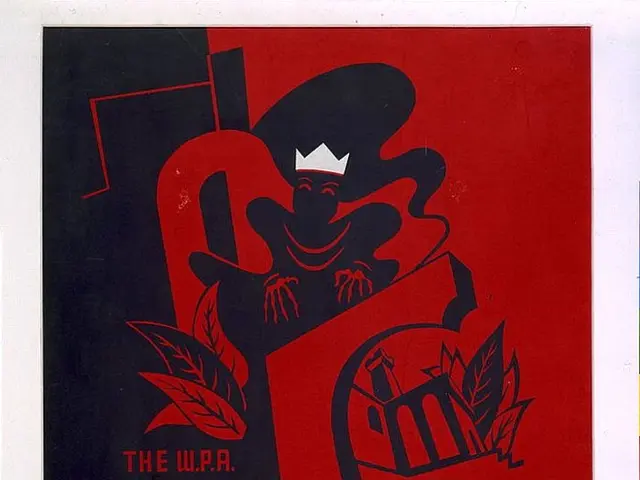"180-Degree Shift Praised: Federico Sturzenegger Hails Policy Affecting Transport Routes"
Argentina Enacts Resolution 1196/2025 to Boost Logistics Efficiency and Reduce Carbon Emissions
Argentina has taken a significant step towards modernizing its logistics sector with the implementation of Resolution 1196/2025. This landmark decision, effective from Tuesday, allows tractor-trailer trucks to circulate freely on the national road network, marking a conceptual 180° turn in the country's transportation rules.
The reform aims to lower logistics costs, simplify procedures, and create a more agile and less intrusive state with a road infrastructure prepared to accompany economic growth. Greater safety in operations is anticipated with the increased use of tractor-trailer trucks.
One of the key benefits of this change is the reduction in transportation costs. Allowing larger tractor-trailer trucks increases the volume of goods transported per trip, leading to economies of scale. This typically reduces fuel consumption and driver labor cost per ton-kilometer. Increased vehicle capacity can also improve competition and reduce freight rates for shippers, making logistics more cost-efficient. Fewer trips are necessary to move the same amount of cargo, lowering overall operating costs such as tolls and maintenance.
Improved efficiency and speed are also expected. Larger trucks can carry more goods per trip, improving turnaround times and enabling faster delivery schedules. Businesses can better meet demand fluctuations without needing additional vehicles or drivers. Better utilization of road infrastructure avoids detours or restrictions that previously slowed transport, enhancing route directness and reducing delays.
The reform is expected to contribute to reduced carbon emissions intensity per cargo unit transported. With more cargo moved per trip, carbon emissions intensity decreases because fewer trips mean less overall fuel consumption relative to transported volume. As logistics become more efficient, demand for transport services may stabilize or grow less sharply due to better resource use, contributing positively to national emissions targets.
However, managing total traffic volume growth will be crucial to maximizing environmental benefits. If the regulation leads to increased total freight volumes or more trucks on the road, emissions could rise overall, but the emissions per unit of cargo are still improved.
The Transportation Secretariat aims to provide greater regulatory predictability with the new scheme. The resolution approves a new User Manual for this type of vehicle and repeals all previous regulations that restricted its circulation. The reform modernizes logistics and eliminates obsolete bureaucracy.
Federico Sturzenegger, Minister of Economy, thanked the joint work with the Transportation Secretariat and other actors. The reform was announced on August 19, 2025, and it allows large vehicles (up to 25.50 and 30.25 meters in length) to travel without hourly restrictions or exclusive corridors, except for specific sections with technical or road safety limitations.
Special authorization is required only for 55 very sharp curves on mountain roads in certain provinces and for bridges with limited capacity. The reform aims to harmonize national legislation with that of the provinces and eliminate inconsistencies. The government expects a reduction in carbon emissions per trip due to the increased efficiency of tractor-trailer trucks.
In conclusion, Resolution 1196/2025 is expected to lower logistics costs by optimizing truck capacity and vehicle utilization, boost productivity through more efficient cargo movement on the national road network, and contribute to reduced carbon emissions intensity per cargo unit transported. The reform is part of a process of deregulation and modernization of motor vehicle transport by the Government.
Read also:
- Wind Farm Controversy on the Boundary of Laois and Kilkenny
- Delaware's contentious offshore wind project faces uncertainty as the Trump administration reverses course on clean energy initiatives.
- Karma Automotive Presents New Models at Quail: Ivara, Kaveya, and SDVA Event Debut
- Copenhagen has been overcharging for marital ceremonies for an extended period.







